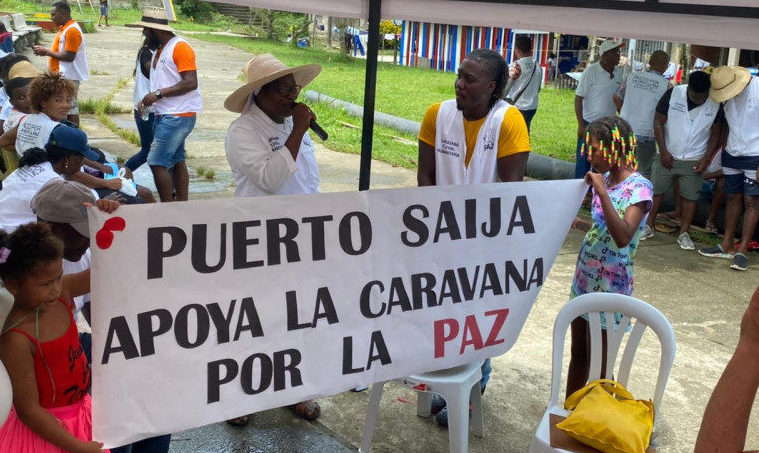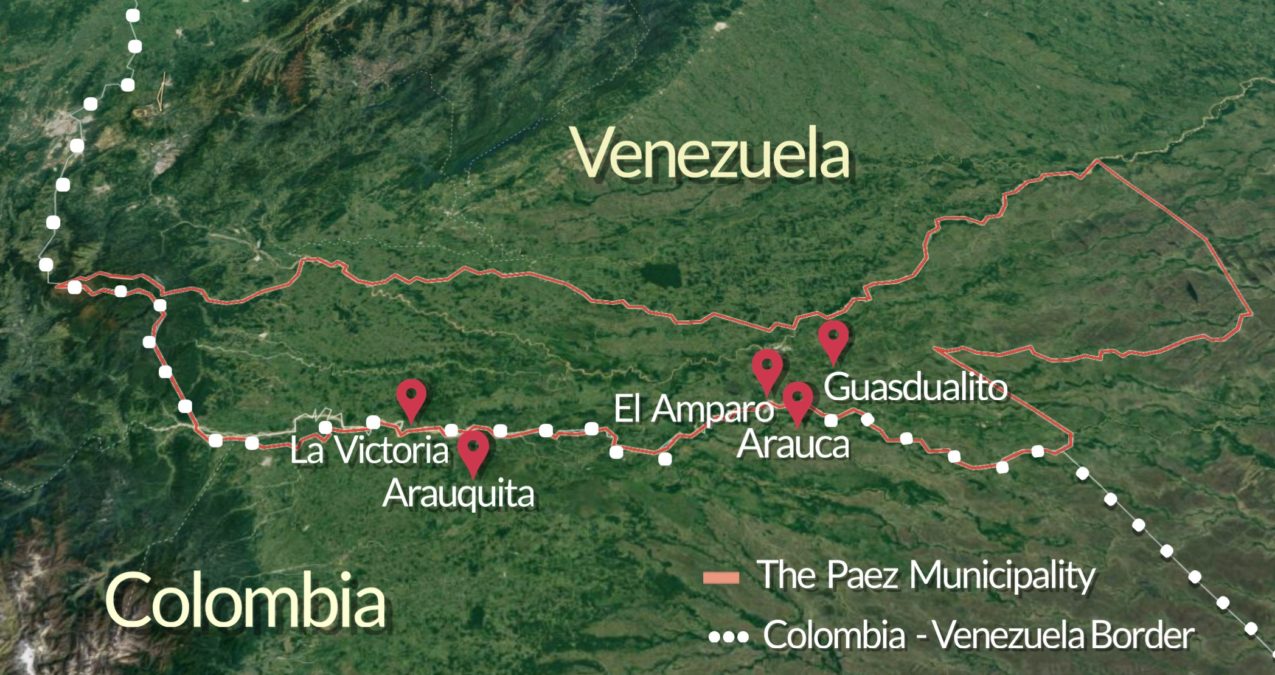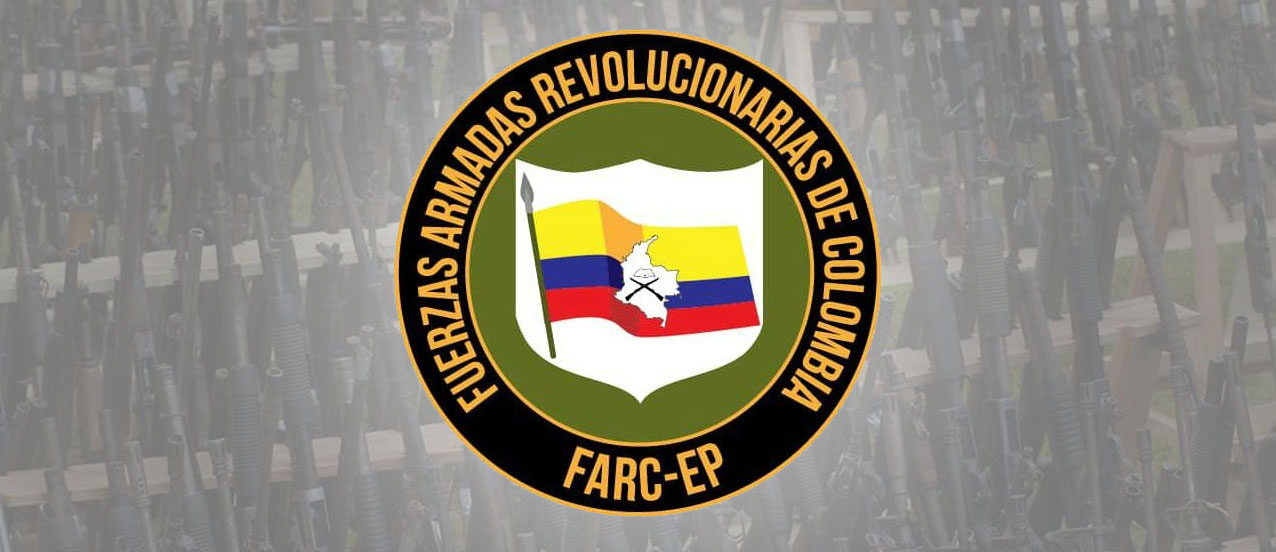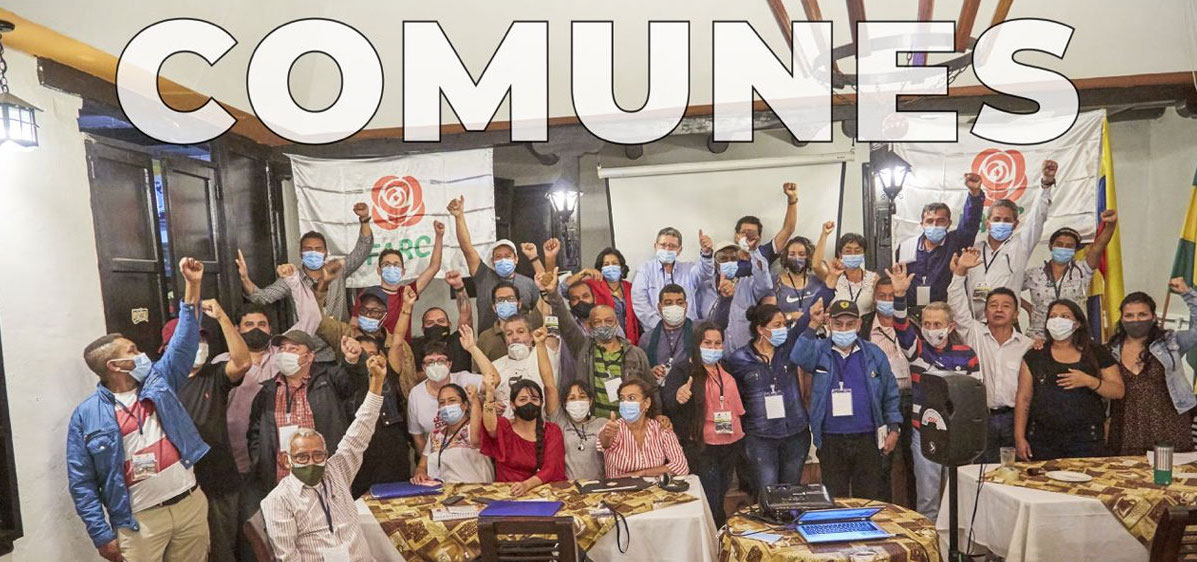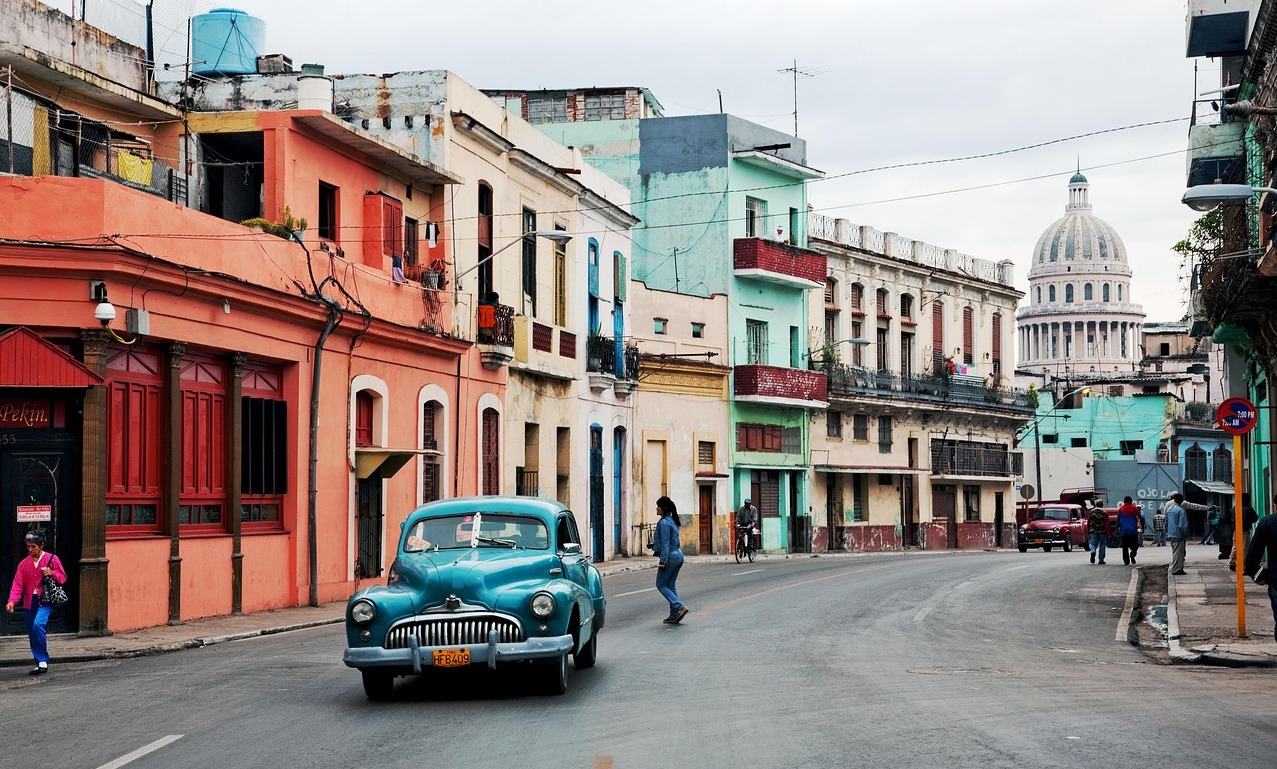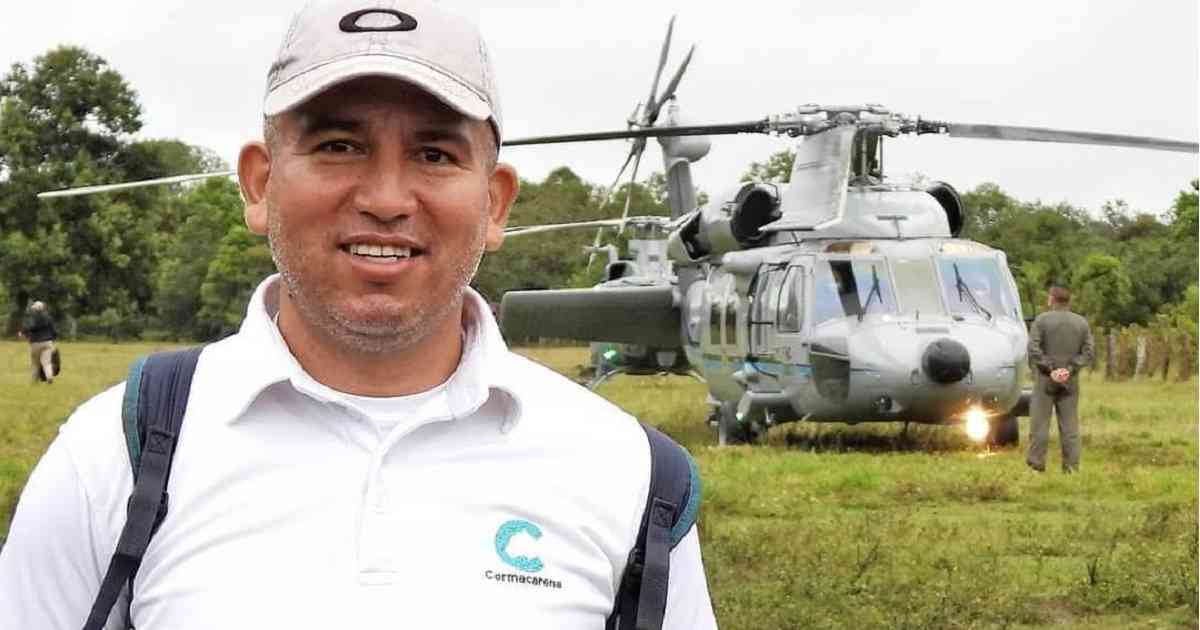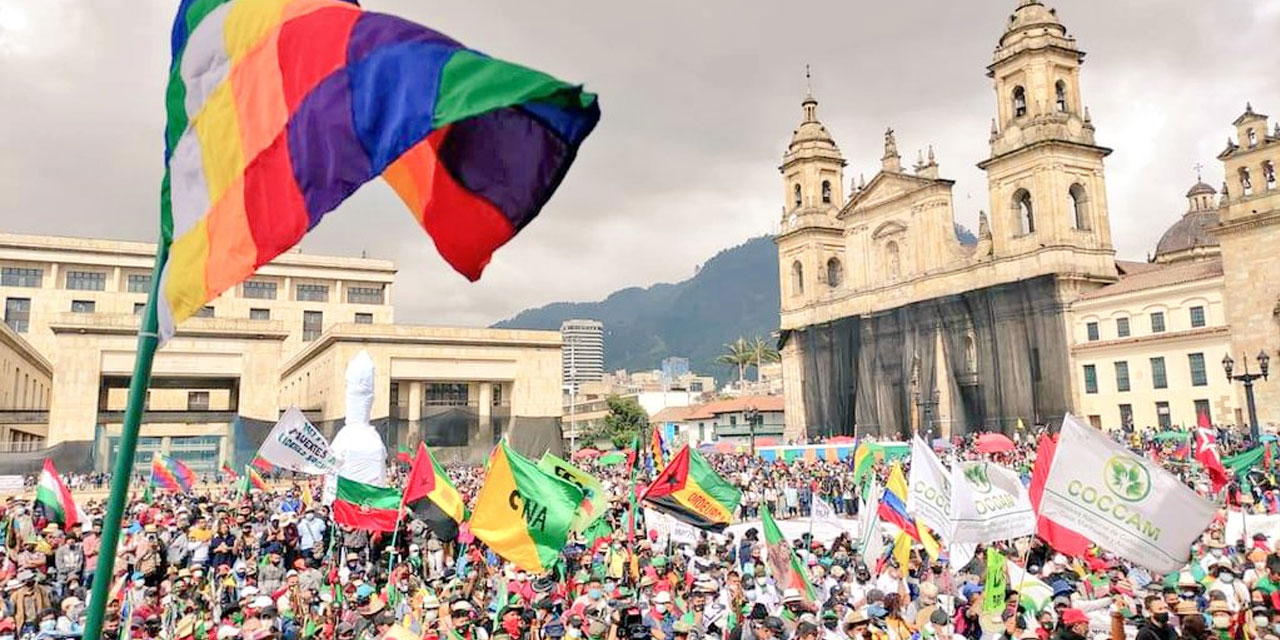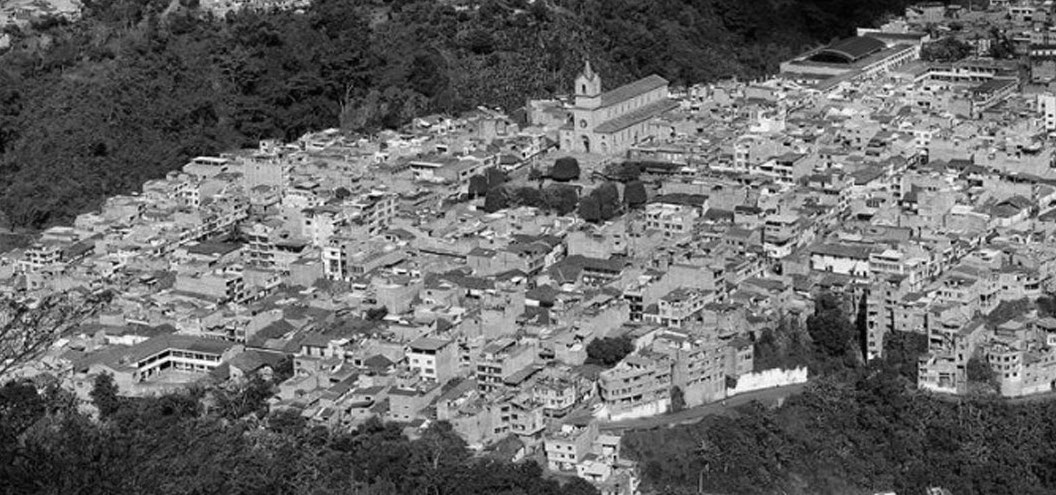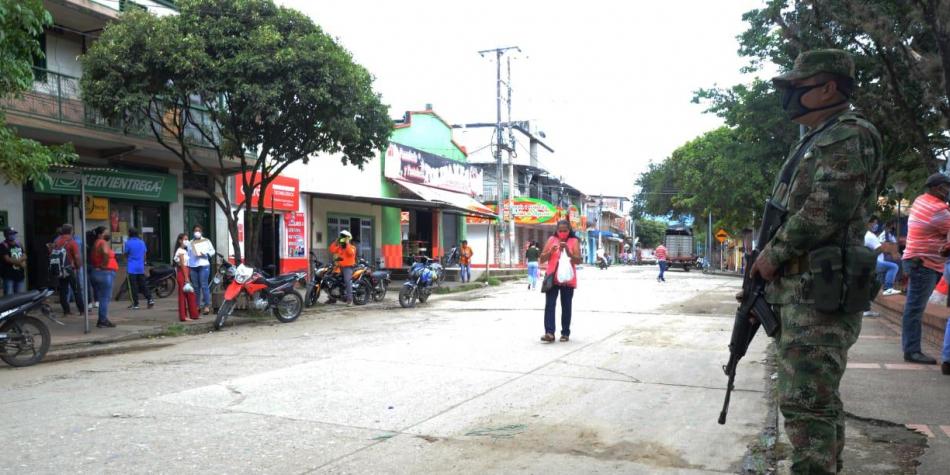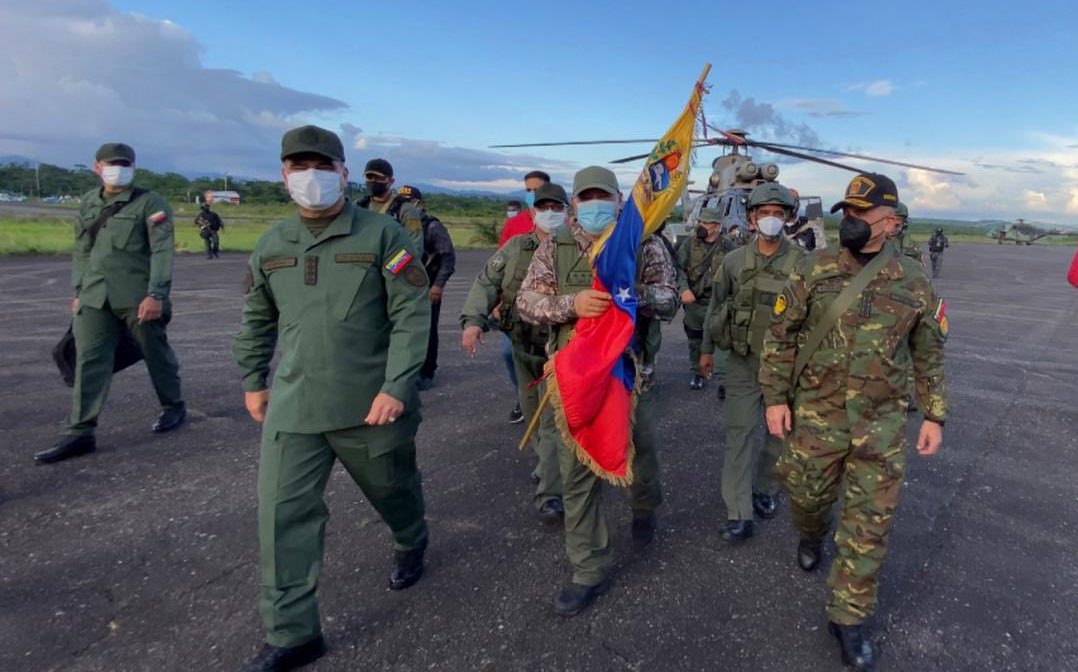
FARC ‘dissidents’ bring insurgency to Venezuela
So-called “dissident” FARC factions that have refused to accept the Colombian peace accords and taken refuge across the border in Venezuela now appear to be waging a local insurgency against the Nicolás Maduro regime. A group calling itself the Martin Villa 10th Front announced last month that it had captured eight Venezuelan soldiers during a battle in Apure state, near the Colombian border. Venezuela’s National Bolivarian Armed Forces later announced that the soldiers had been freed in a rescue operation. But independent media in Venezuela report that the eight were actually released under terms of a deal negotiated in Cuba. The deal was said to have been brokered with the help of the National Liberation Army (ELN), a second Colombia guerilla group which remains in arms and whose leadership is based in Havana. (Photo of captive soliders being released via FANB)



